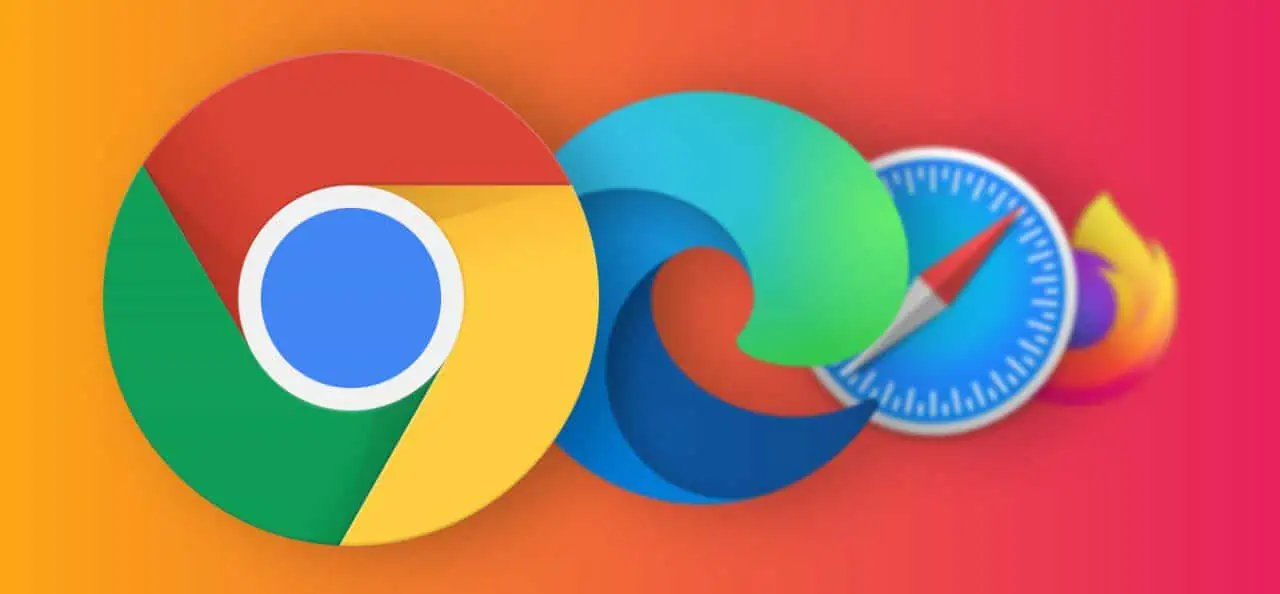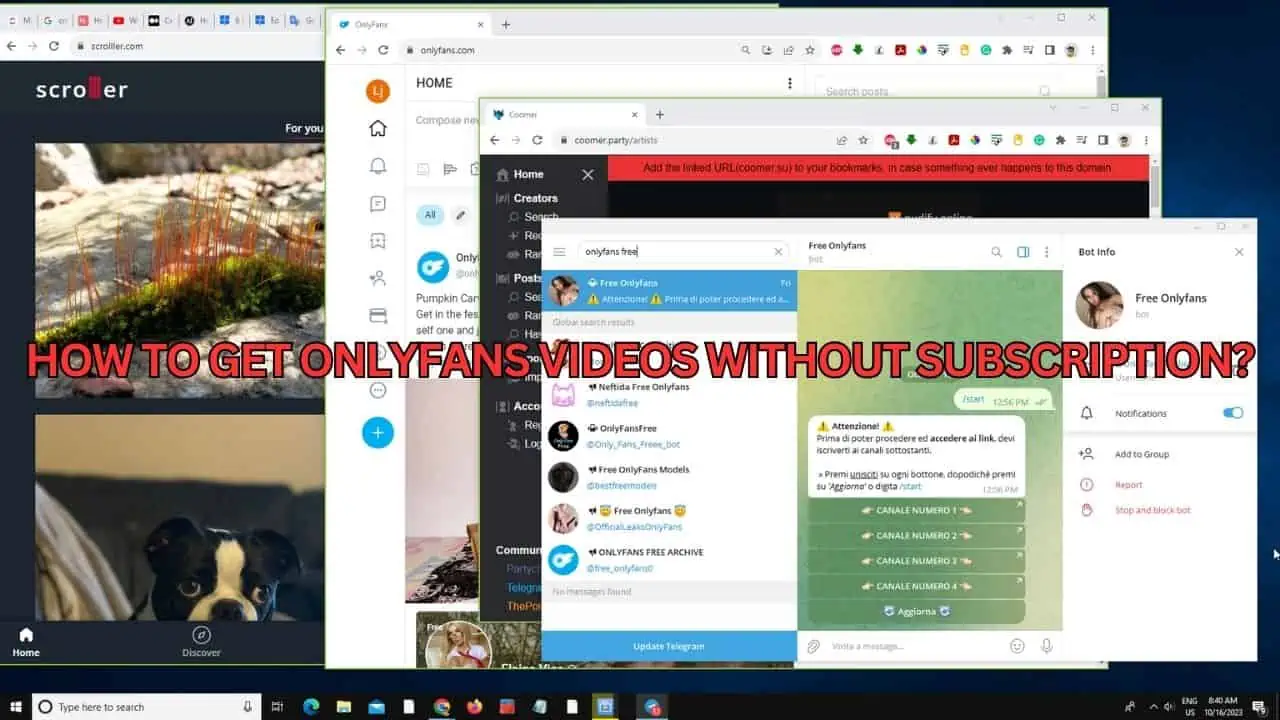Mozilla: Consumers are “deprived” in terms of browser choices
4 min. read
Published on
Read our disclosure page to find out how can you help MSPoweruser sustain the editorial team Read more

The competition within the gaming industry isn’t the only issue now among different companies. In recent research, Mozilla emphasized that the public also has a very limited choice in terms of browsers due to the influence and tactics of browser-owner tech giants, such as Microsoft, Apple, and Google.
Mozilla said that forcing consumers to choose and use specific browsers is problematic. According to the paper, this “ultimately removes their ability to choose for themselves,” and with limited players in the competition, browser owners won’t be pushed to give consumers what they deserve including sufficient innovation, product quality, and even privacy. Additionally, Mozilla explained that the action from these companies could also be seen as consumers being pushed for unfair contracts.
“We believe that if people had a meaningful opportunity to try alternative browsers, they would find many to be compelling substitutes to the default bundled with their operating system,” said Mozilla. “These opportunities have been suppressed for years through online choice architecture and commercial practices that benefit platforms and are not in the best interest of consumers, developers or the open web. It is difficult to underestimate the impact of years of self-preferencing and undermining consumer choice, including its effect on consumer behavior. It is also difficult to estimate the disruptive innovation, alternative products and features, and the independent competitors which have been lost as a result of these practices.”
Mozilla contested that the dominance of the leading browsers nowadays is rooted in the “deceptive pattern practices targeted at consumers.” For instance, it mentioned how platforms like Google, Apple, Meta, Amazon, and Microsoft put their own browsers within their operating systems and set them as the default. It specifically called out Microsoft for pushing Windows users to use its products when a user is looking for a Firefox browser. It can also be recalled that Microsoft previously removed the ability to set a web browser other than Edge as the default one with one click but brought it back after facing backlash.
Mozilla acknowledged that Amazon, Apple, Google, Meta, and Microsoft created different innovative technologies for consumers but expressed they are not doing well enough to be beneficial for the overall internet ecosystem, consumers, and developers. With this, Mozilla encouraged the authorities to take action.
“As these companies have so far failed to do better, regulators, policymakers and lawmakers have spent considerable time and resources investigating digital markets. They should therefore be in a good position to recognize the importance of browser competition and to act to prevent further harm to consumers from continued inaction and competitive stagnation,” explained Mozilla. “We call on them to enforce the laws which already exist and the laws and regulations which will soon come into force. And where existing laws and regulations are lacking, we call for them to be introduced and their importance for the future of the internet to be highlighted. Regulators, policymakers and lawmakers in many jurisdictions can take this moment to create a new era in the internet’s story — one in which consumers and developers benefit from genuine choice, competition and innovation.”
According to web traffic analysis website StatCounter, the Mozilla Firefox browser received a 3.16% browser market share worldwide in August 2022, which declined from the 3.29% it received in July. Above it are the Safari and Edge browsers, with 18.78% and 4.3% in August, respectively. Leading the competition, meanwhile, is Chrome, which always has the highest market share hitting 65.52% recently. The published paper by Mozilla didn’t provide the particular interventions it wants from regulators and lawmakers, but catching up to the numbers shown above will probably be a huge and long journey for Mozilla since its rivals have their direct reach to consumers who are using their actual devices and other products. In addition, the leading companies it included in its study are continuously implementing enhancements and updates on their browsers in a desperate move to steal more users from other browser competitors.









User forum
0 messages